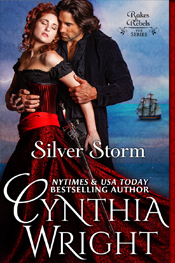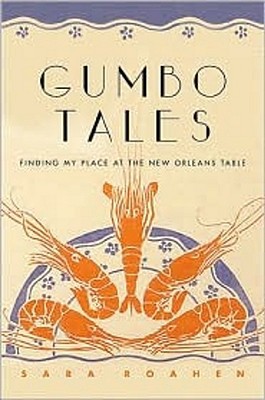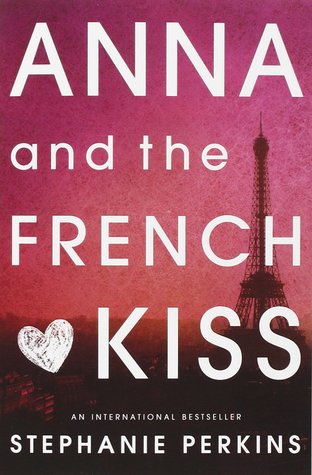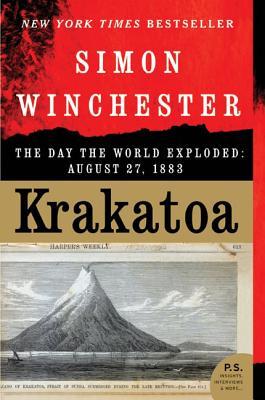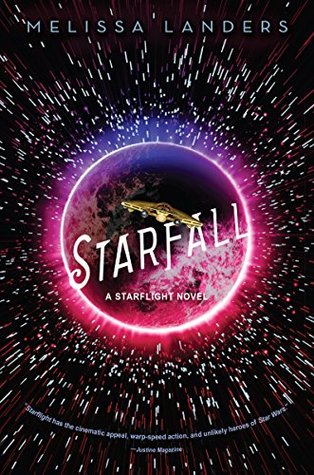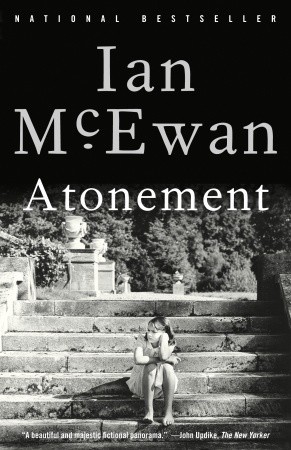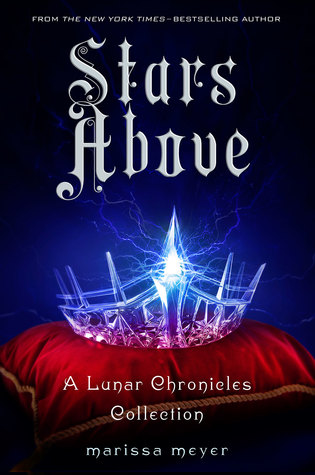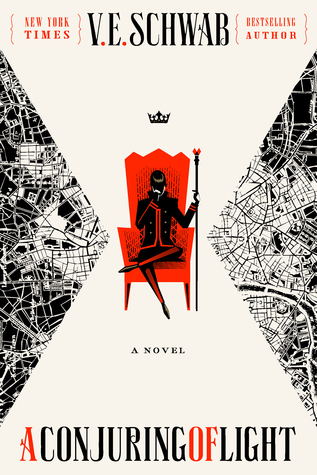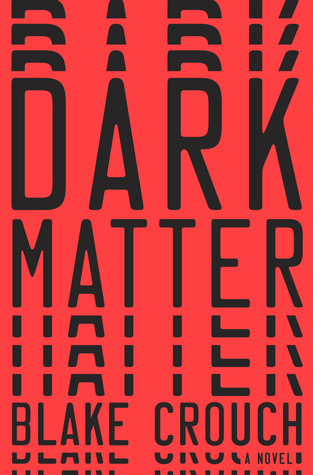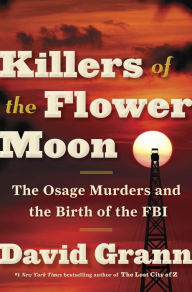 This was my choice for my April Book of the Month. As soon as I read the description--about how, in the 1920s, the Osage Native American tribe was the richest per capital group in the world, and its members suddenly began dying under mysterious circumstances, and how the FBI became involved, trying to make a name for itself after a restructure--I knew it had to be my selection. Nonfiction of this variety is fairly rare in Book of the Month; most of the nonfiction they feature is contemporary memoirs and collections rather than actual investigations like this, so I snatched it up while I could. It sounded fascinating. Terrible, but fascinating.
This was my choice for my April Book of the Month. As soon as I read the description--about how, in the 1920s, the Osage Native American tribe was the richest per capital group in the world, and its members suddenly began dying under mysterious circumstances, and how the FBI became involved, trying to make a name for itself after a restructure--I knew it had to be my selection. Nonfiction of this variety is fairly rare in Book of the Month; most of the nonfiction they feature is contemporary memoirs and collections rather than actual investigations like this, so I snatched it up while I could. It sounded fascinating. Terrible, but fascinating.And that's exactly what it was. A string of mysterious murders plagued the Osage, particularly the family of Mollie Burkhart, who lost essentially her entire family in a short span of time. Eventually, with more than twenty-four murders looming over the Osage, with the tribe members afraid to go out at night, the FBI under the newly-appointed J. Edgar Hoover was told to do something about it. The FBI had existed before this, so in that sense it's really not a story about the birth of the FBI. But it is a story about the rebirth of the FBI, which prior to its restructure had been plagued with corruption and inefficiency. Granted, most people know that the FBI under Hoover wasn't exactly squeaky clean, but he certainly wanted his new bureau to look good when it came under his control, and that led to a lot of pressure for Agent White, the man put in charge of the case, to solve the murders.
This is a complicated story involving a ton of twists and turns and strings of murders that point to multiple serial killers involved in the Osage murders. While the case was eventually "solved" and closed, Grann found while writing the book that there were holes in the case and that, while the person who was convicted was definitely involved, there was more going on. He conducted interviews, combed through archives, and eventually managed to piece together more of the story, uncovering a whole string of serial killers targeting the Osage in an attempt to gain control of the headrights that granted them money from the oil companies drilling on land the Osage owned the mineral rights for. That this happened with one serial killer is imaginable, though of course terrible; that multiple people thought that this was acceptable, and either got away with it or got off lightly, is a travesty of justice. That people beyond the Osage have completely forgotten about this or never known about it shows how little the Osage's lives were valued by those outside their community, and that is a tragedy.
This is a well-researched book; you can definitely see the legwork that Grann put into writing it. He has extensive end notes including interviews and archival sources that aren't in publication, and read the case files from the FBI regarding the case. That he not only reported on the original case but went beyond it and seems to have solved several more and established that the Osage's "Reign of Terror" actually extended much further and longer than most people had previously thought is remarkable and admirable. The writing was also eminently readable. It really reads like a narrative about Mollie and her family, and then about Agent White when he comes in to solve the case with his band of miscreants. It was a real page-turner that had me trying to carve more time out of my day to finish reading. And when I found myself wondering how Grann could possibly fill up another third of the book when I neared the end of part two, that's when he dropped the revelation that there was so much more than White and his fellows had ever thought.
This is an Old West story with cowboys and "Indians" and oilmen and people being thrown off trains to hide the dirty deeds of other. It has cattle rustlers and undercover agents and all of the elements of a good Western story, except it is tragically and almost unbelievably true. Grann has done a marvelous job with this, creating a book that had me raring to talk about it with others the moment I finished it. I definitely recommend!
5 stars out of 5.
